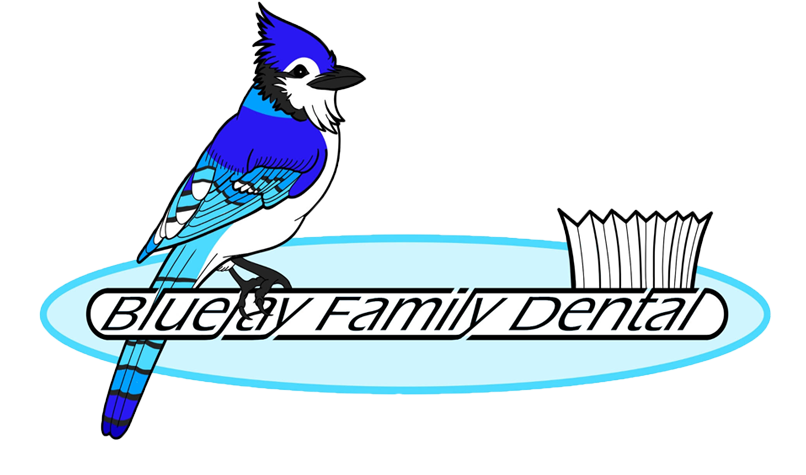At BlueJay Family Dental in Council Bluffs, IA, Dr. Steven Fidone often discusses diet’s critical role in maintaining oral health. Just as nutrition affects your physical and mental well-being, it also significantly impacts the health of your teeth and gums. This connection between diet and oral health is profound, influencing everything from tooth strength to gum disease risk.
Understanding the Diet-Oral Health Connection
The foods and beverages you consume daily can either promote oral health or contribute to dental problems. Here are some of the key ways diet impacts your oral environment:
- Sugar and Carbohydrates: Foods high in sugars and simple carbohydrates can contribute to tooth decay. Bacteria in the mouth feed on these sugars, producing acids that erode tooth enamel.
- Acidic Foods and Drinks: Regularly consuming acidic foods and beverages, such as citrus fruits, tomatoes, and soft drinks, can wear down enamel, making teeth more susceptible to decay.
- Calcium and Phosphate: Diets rich in calcium and phosphate in foods like dairy products and lean meats help remineralize teeth and rebuild enamel.
Foods to Embrace for Better Oral Health
To maintain a healthy mouth, Dr. Fidone recommends incorporating the following beneficial foods into your diet:
- Dairy Products: Milk, cheese, and yogurt are excellent calcium sources that can help strengthen teeth and bones.
- Crunchy Fruits and Vegetables: Apples, carrots, and celery can help clean teeth naturally by increasing saliva production, which neutralizes acids and washes away food particles.
- Leafy Greens: High in calcium, folic acid, and numerous important vitamins, leafy greens such as spinach and kale support gum health and enamel remineralization.
Foods to Limit for Oral Health Preservation
While some foods can enhance oral health, others can pose risks. Dr. Fidone advises moderating the following:
- Sugary Snacks and Beverages: Limiting candy, pastries, and sodas can drastically reduce your risk of tooth decay.
- Sticky or Hard Candies: These can cling to teeth for long periods and are also known to cause physical damage like chips or cracks.
- Highly Acidic Foods: Though healthy in other contexts, frequent consumption of foods like citrus fruits and vinegar-based dressings should be moderated to protect enamel.
Practical Tips for Diet and Oral Health Management
Adapting your diet for oral health doesn’t require drastic changes but focuses on balance and moderation. Here are some practical tips:
- Rinse with Water: After eating acidic or sugary foods, rinse your mouth with water to help neutralize acids and wash away sugars.
- Chew Sugar-Free Gum: This increases saliva flow, helping to remineralize enamel and cleanse the mouth.
- Maintain a Balanced Diet: Ensure your diet includes a variety of food groups, providing the nutrients necessary for overall and oral health.
Empowering Your Dental Health Through Diet
At BlueJay Family Dental, we understand that education is key to empowering our patients. Dr. Fidone emphasizes that a mindful approach to diet can have a tremendous impact on oral health. Choosing the right foods and understanding their effects can significantly improve your dental health and prevent future dental issues.
Sources:

